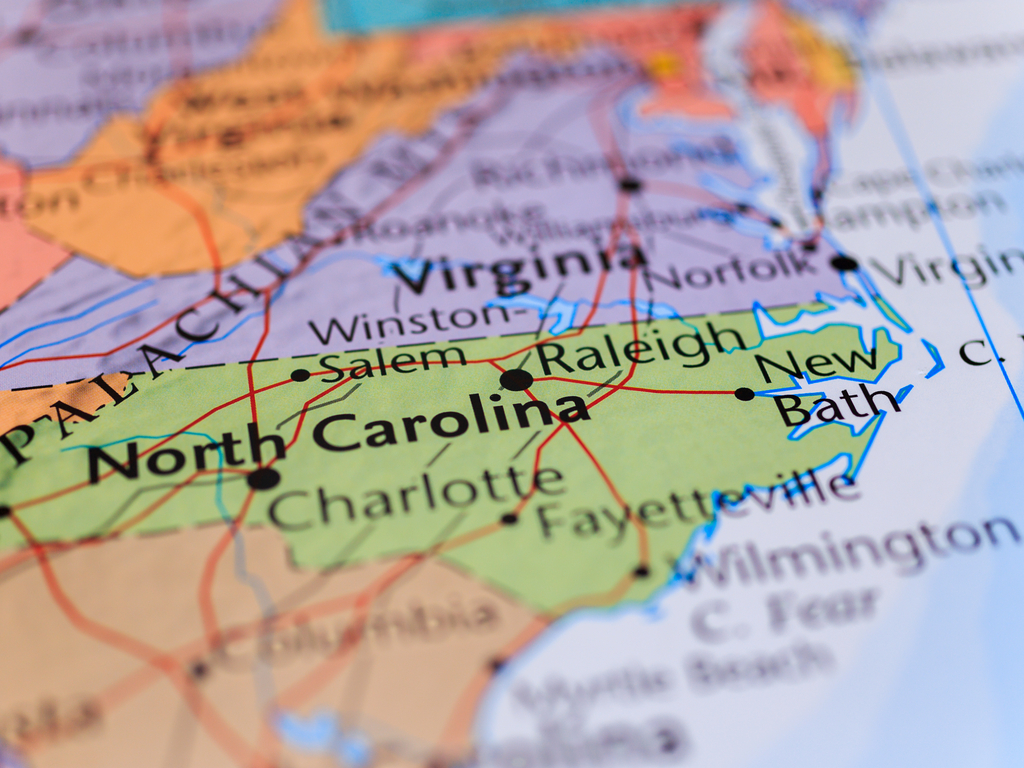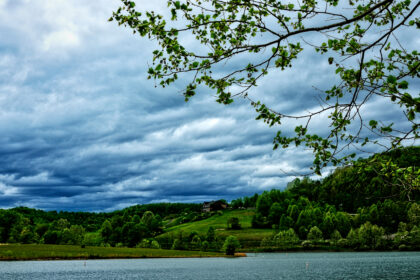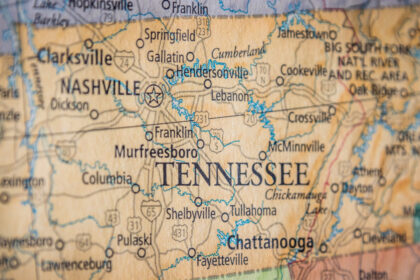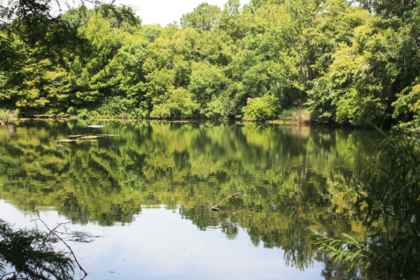2024 North Carolina Fishing License
Anglers can get a fishing license cost in North Carolina through the North Carolina Wildlife Resources Commission (NCWRC) website, authorized license agents, or by phone. To obtain a fishing license, you’ll need to provide personal information such as your name, address, and date of birth. You can choose from various license options based on your residency status (resident or non-resident) and the duration of the license (annual, short-term, or lifetime).
Additionally, if you plan to fish for inland or coastal waters, you may need to add endorsements or stamps specific to those areas. Once you complete the application and pay the required fees, you’ll receive your fishing license, allowing you to enjoy fishing in North Carolina’s abundant lakes, rivers, and coastal waters. Be sure to check the 2024 North Carolina Inland Fishing, Hunting, & Trapping Regulations digest for the most up-to-date fishing regulations, size and creel limits.
|
2024 |
Annual Inland Fishing* |
Unified Inland/Coastal Recreational** |
|
Resident |
$25.00 |
$41.00 |
|
Non-Resident |
$45.00 |
N/A |
*Licenses are valid 12 months from the date of purchase.
**For fishing in inland waters and joint waters.
North Carolina Fishing Licenses: A Comprehensive Guide
For enthusiasts of the angling art in North Carolina, acquiring the appropriate fishing license is not merely a formality but a gateway to endless aquatic adventures. The North Carolina Wildlife Resources Commission serves as the custodian of these licenses, financing vital conservation efforts through their sale. Whether you’re a seasoned angler or a newcomer to the sport, understanding the intricacies of fishing licenses in North Carolina is essential for a smooth and legal fishing experience.
Fishing License Cost in North Carolina
Procuring a fishing license in North Carolina is a straightforward process, offering various avenues for convenience. You can secure your license through a wildlife service agent, online via gooutdoorsnorthcarolina.com, or by phone. Alternatively, a visit to the Wildlife Resources Commission headquarters in Raleigh ensures direct access to licenses. However, it’s crucial to note that certain license items may only be available through specific channels due to documentation requirements.
Disabled Licenses
The Commission ensures inclusivity by offering special licenses and permits for disabled residents. These licenses can be obtained online or in person at the Commission’s headquarters in Raleigh. Notably, North Carolina does not honor disabled licenses or permits from other states, emphasizing the state’s commitment to its residents.
Reciprocal Fishing License Agreements
North Carolina has established reciprocal fishing license agreements with neighboring states, facilitating seamless angling experiences across borders. These agreements outline specific boundary waters where license reciprocity applies, fostering cooperation and access to diverse fishing environments.
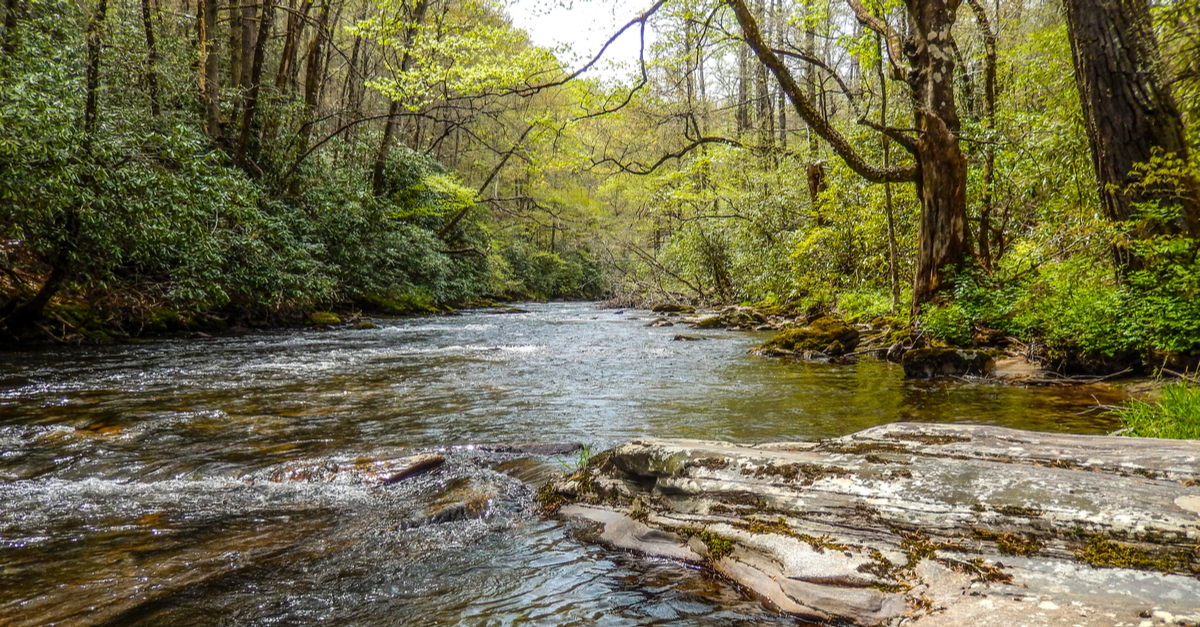
Wildlife Endowment Fund
Supporting North Carolina’s wildlife heritage and conservation programs, the Wildlife Endowment Fund receives contributions from lifetime license sales and direct donations. Anglers can contribute to the preservation of the state’s natural resources by engaging with this initiative.
License Requirements and Exceptions
Residency definitions and requirements play a pivotal role in determining eligibility for resident licenses. Individuals must fulfill residency criteria, with exceptions made for students and military personnel stationed in or outside of North Carolina.
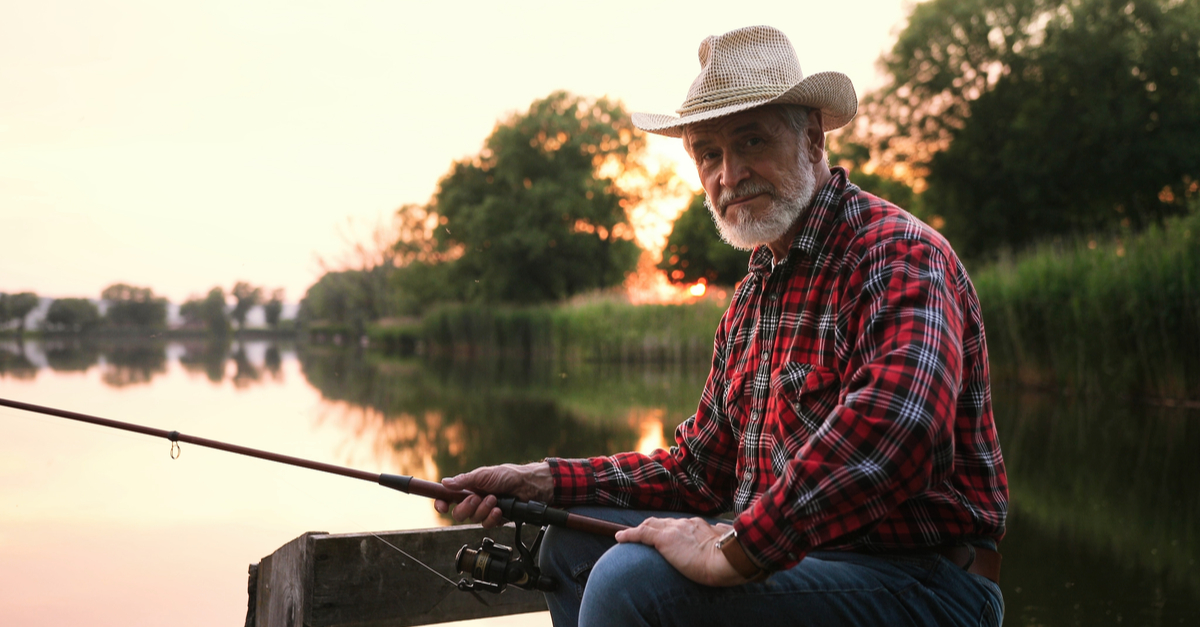
Exceptions to License Requirements
Certain exemptions exist for specific demographics, such as youth under 16 and members of the Armed Forces. Additionally, designated days like July 4th are declared “Free Fishing Day,” granting temporary exemption from license requirements.
Fishing Specifics
Understanding the nuances of fishing regulations is crucial for compliance. For instance, licenses allowing inland fishing also permit fishing in designated game lands or Wildlife Conservation Areas. Moreover, exemptions apply to fishing in private ponds and during special events like “Free Fishing Day.”
Conclusion
Navigating the realm of fishing license cost in North Carolina is essential for both legal compliance and conservation efforts. By adhering to licensing requirements and understanding exemptions, anglers contribute to the preservation of the state’s rich wildlife heritage while enjoying the thrill of fishing in diverse aquatic ecosystems. For more information and to embark on your fishing journey responsibly, visit gooutdoorsnorthcarolina.com and explore the multitude of licensing options tailored to meet your angling needs.

